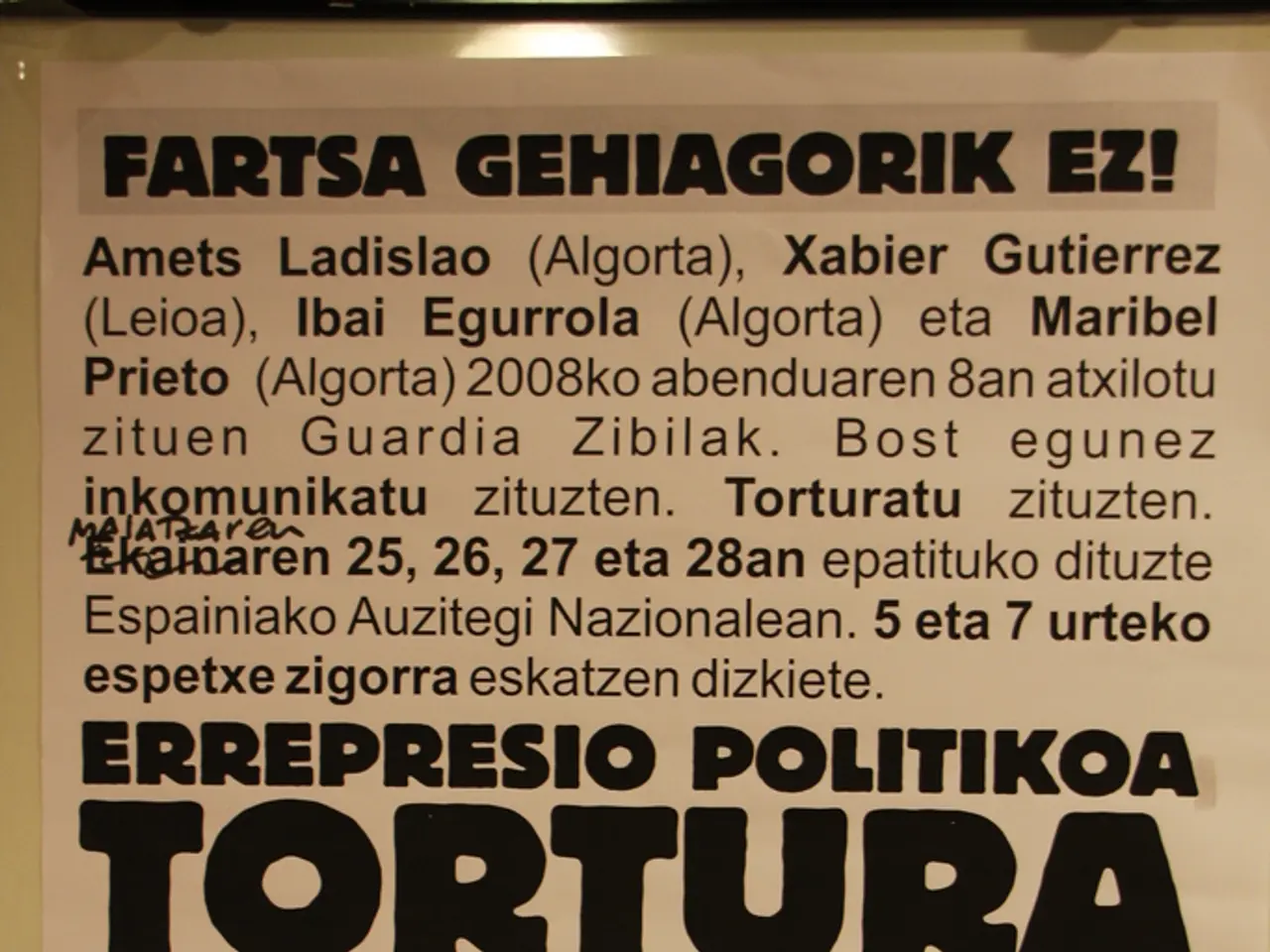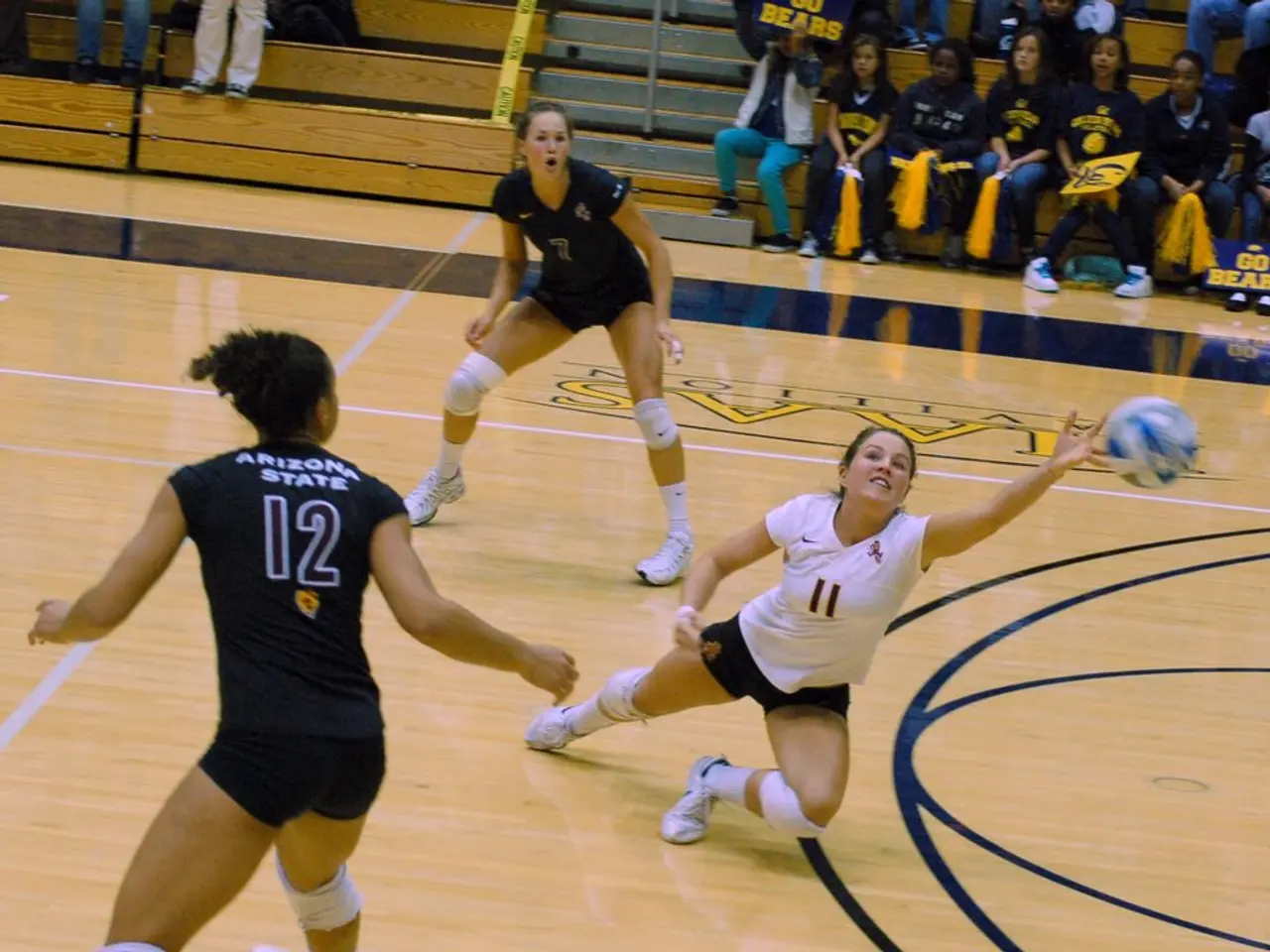In the year 1970, Erfurt city witnessed a disturbing event as Algerians were forcefully marched through its streets.
In August 1975, the city of Erfurt, Germany, was gripped by a series of violent riots that targeted Algerian labor migrants. These riots, largely unknown to the public, serve as a stark reminder of the racial tensions and xenophobia that existed in East Germany during that period.
Katharina Koenig-Preuss, a Left state parliamentarian, considers these events relevant today, stating that they serve as a reminder of how quickly a racially charged atmosphere can escalate into massive violence. She compares the language used about refugees and migrants today to the rumors and lies used to incite the riots in Erfurt.
Between 1974 and 1984, over 8,000 Algerian workers were active in the DDR, facilitated by an agreement between the DDR and Algeria. Similar state agreements for the employment of foreign contract workers also existed with Vietnam and Angola.
The riots resulted in attacks on 25 Algerian contract workers hired by several Erfurter companies. Historian Annegret Schuele suggests that the riots demonstrate the persistence of racism and right-wing extremism in the DDR.
The University of Erfurt has its own research project on this topic, and events commemorating the riots are being organized jointly by several organizations, including the University of Erfurt, and three former contract workers are expected to participate in a roundtable discussion. A memorial on the Domplatz on August 10 and a panel discussion and roundtable discussion on August 11 are part of the commemorative events.
The riots lasted for three days from August 10 to 13, 1975, and were triggered by fabricated claims of alleged rapes and racist rumors circulating in Erfurt. Five individuals were convicted as "ringleaders and hooligans" in relation to the riots. The DDR's security authorities investigated the incidents and initiated around two dozen proceedings against suspected perpetrators.
However, these riots remained under the radar for a long time due to suppression by official DDR bodies. Schuele implies that the riots could have occurred in other places as well. The contract workers were treated with a paternalistic attitude and were not intended to become permanent members of DDR society. They were not consciously integrated and were deliberately housed in hostels.
Historian Harry Waibel states that these convicted individuals had previously come into conflict with the law. The DDR's agreement with Algeria facilitated the employment of these workers, but their integration into DDR society was not a priority.
Commemorations of these events have been held in recent years, indicating ongoing efforts to remember and analyze this episode. Research on the incidents in Erfurt has only begun in recent years, with a small publication released last year by the State Agency for Political Education.
As we remember and study these events, it is crucial to acknowledge their significance in understanding the history of East Germany and the persistence of racial and xenophobic attitudes. The commemoration events in Erfurt serve as a reminder that these issues are not relics of the past, but continue to be relevant today.
- Katharina Koenig-Preuss, a Left state parliamentarian, believes that the riots in Erfurt, a stark reminder of the racial tensions in East Germany during the 1970s, highlight the importance of understanding the association between politics and general-news, as the language used about refugees and migrants today mirrors the rumors and lies used to incite violence.
- Historian Annegret Schuele suggests that the Erfurt riots, a demonstration of racism and right-wing extremism in the DDR, underscore the relevance of studying crime-and-justice issues, considering contemporary phenomena suggest the persistence of similar discrimination against migrant workers.







